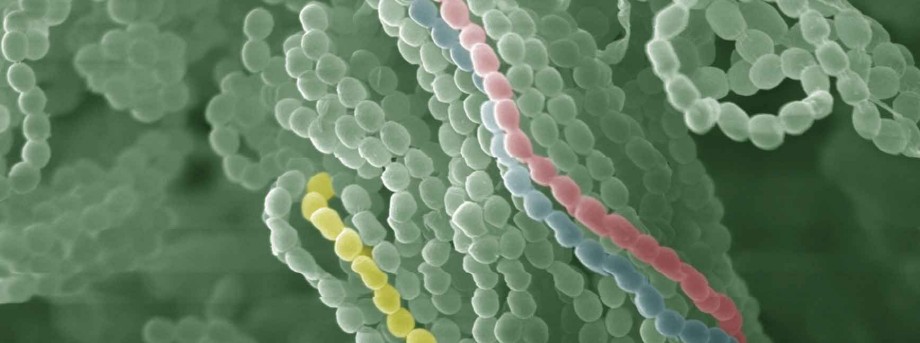
Secret sex life a boost for penicillin
January 31st, 2013
Penicillin could be produced more cheaply and effectively after scientists exposed the secret sex life of Sir Alexander Fleming’s fungus Penicillium chrysogenum (P. chrysogenum), the fungus that produces the antibiotic.
For over 100 years the filamentous fungus Penicillium chrysogenum was thought to be asexual. But scientists from The University of Nottingham, Ruhr-University Bochum, The University of Göttingen, and Sandoz GmbH discovered that by enticing the fungus into sexual reproduction, sexual crosses can be used to develop new strains capable of increased penicillin production. Their research has been published online in the leading academic journal Proceedings of the National Academy of Sciences USA (PNAS).
Dr Paul Dyer, an expert in the sexual development and genetics of filamentous fungi in the School of Biology at Nottingham, said: “We now have a valuable tool for creating new strains of P. chrysogenum with increased penicillin production. This will make it cheaper to produce penicillin, as using more efficient strains will lower production costs.
“Our method might also be used to help discover hidden sexual cycles in other economically important fungi that are assumed to be exclusively asexual.”
Sir Alexander Fleming’s 1928 discovery that pencillin released by a penicillium mould inhibited the growth of bacteria, followed by Ernst Chain and Howard Florey’s success in growing the fungus to meet medical demand for penicillin, ushered in the antibiotic era. It remains one of medicine’s great advances and all three shared the Nobel Prize.
Until now, it has only been possible to develop strains of P. chrysogenum with elevated production of penicillin by conventional mutagenesis. The researchers found that sexual reproduction could be induced in P. chrysogenum when strains were mated in the dark on oatmeal with a vitamin supplement. The sexual cycle can be used to develop strains that combine important biotechnological properties for penicillin production. Furthermore, the team discovered that mating-type genes, which control sex in fungi, have additional roles regulating other developmental processes of biotechnological relevance.
Fungi are used to produce many pharmaceutical products including statins as well as antibiotics. The findings suggest that sexual reproduction could be triggered in other supposedly asexual fungi.
The research was led by Professors Ulrich Kück and Stefanie Pöggeler from Germany, Dr Paul Dyer from the UK, and scientists from Sandoz GmbH, a world leader in the industrial production of penicillin and other pharmaceuticals. Other major contributors were PhD student Julia Böhm (Bochum) and postdoctoral research fellow Dr Céline O’Gorman (Nottingham). The work was funded by The Christian Doppler Society (Austria) and The Wellcome Trust (UK).
Tags: Dr Paul Dyer, Penicillin, Penicillium chrysogenum, Proceedings of the National Academy of Sciences USA, School of Biology
Comments are closed.
Other Research

Welcome to Associate Pro-Vice-Chancellor for Researcher Academy and Research Culture Development
Professor Jeanette Woolard has been appointed as Associate Pro-Vice-Chancellor for the Researcher Academy and Research Culture Development. […]

Strong research funding performance is a fantastic achievement
Professor Tom Rodden’s research update I am delighted to report that the University of Nottingham is […]

